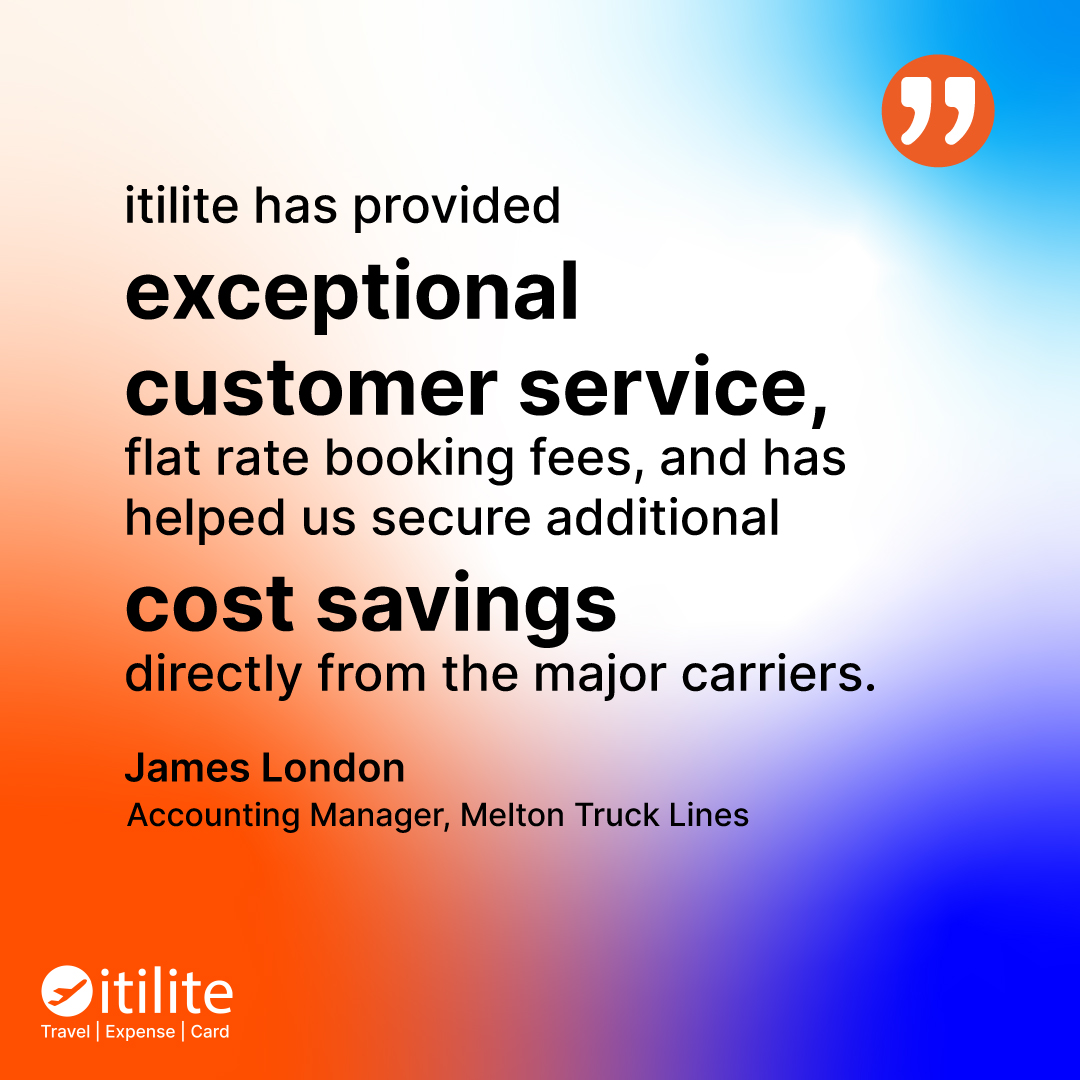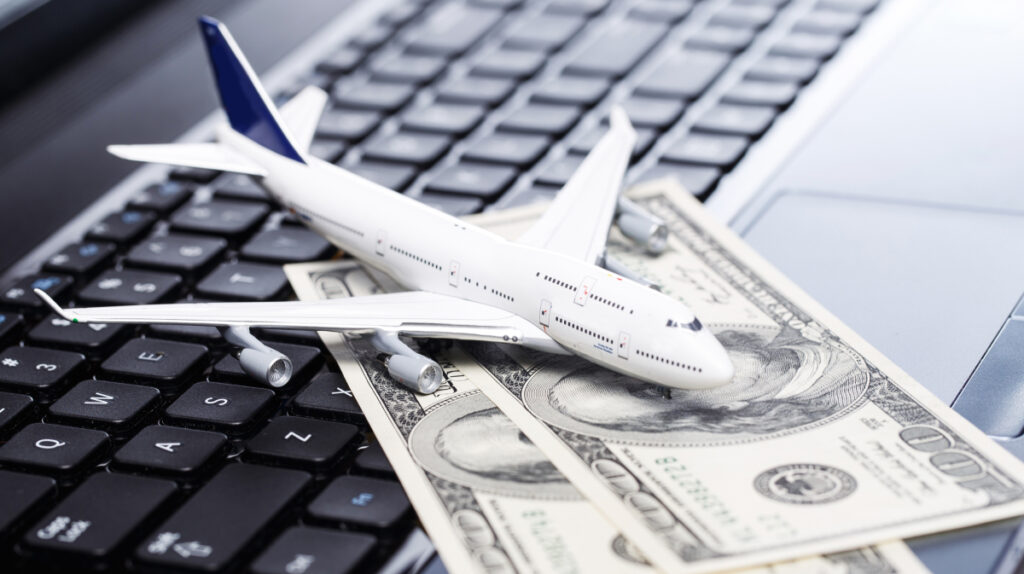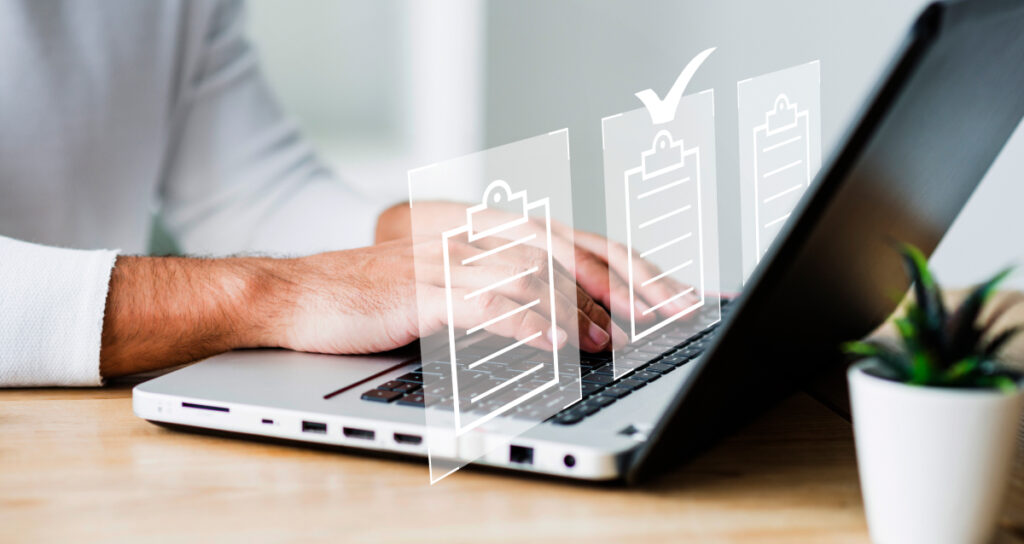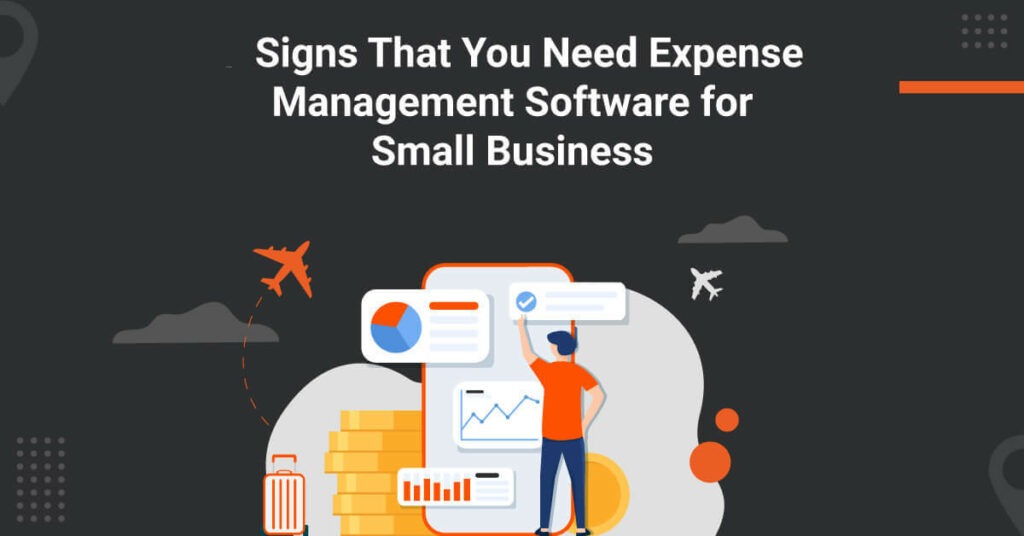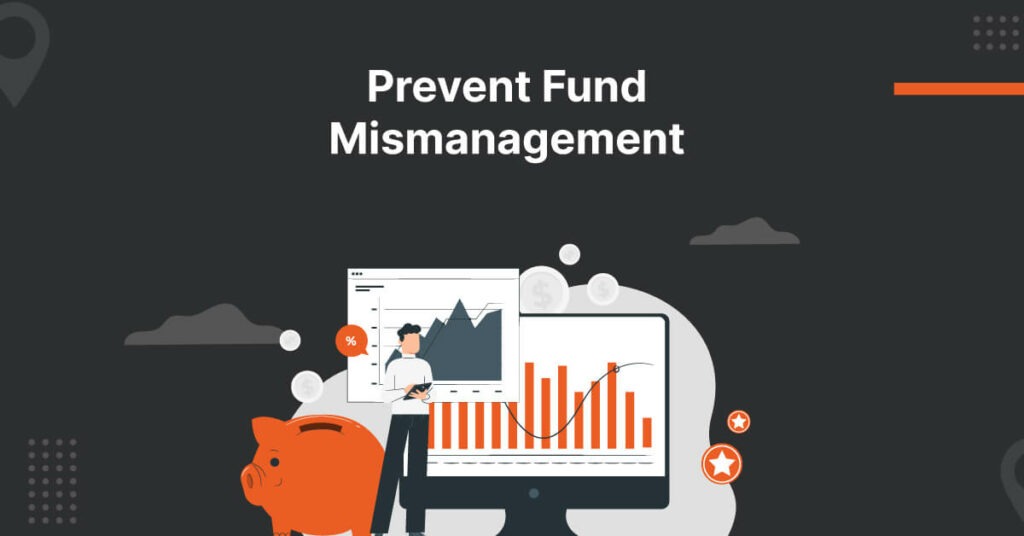
In finance and accounting, “expense” and “expenditure” are often used interchangeably. For many, distinguishing between these two terms can be confusing, especially when they relate to how money is spent. However, they have distinct meanings and implications, particularly in business and personal finance.
Knowing the difference between expense and expenditure is essential for managing money well. This blog will explain how each term affects your finances and help you make better financial decisions. Understanding these differences will make budgeting and planning easier.
What is Expense?
An expense is a cost incurred in the normal course of running a business or managing personal finances. It refers to money spent on goods or services necessary to operate the business or maintain personal living standards. Expenses are recorded on the income statement and deducted from revenue to determine the net profit or loss.
Examples of Expenses
- Rent : The monthly payment made for office space or a residence.
- Utilities : Costs for electricity, water, and internet services.
- Salaries : Payments made to employees for their work.
- Office Supplies : Costs for stationery, printer ink, and other office essentials.
Expenses are usually recurring and crucial for a business or household’s day-to-day operations. They are often predictable and budgeted for regularly.
Characteristics of Expenses
- Recurring Nature : Expenses are typically ongoing and happen regularly.
- Operational Costs : They are necessary for running the business or household.
- Impact on Profit : Expenses directly affect the profit and loss statement by reducing the net income.
What is an Expenditure?
Clarity on the difference between expense and expenditure can streamline your financial processes. Conversely, expenditure refers to the amount of money spent on acquiring assets or services. It encompasses both capital and revenue expenditures.
Expenditure is a broader term that includes all types of spending, whether it’s for purchasing long-term assets or covering day-to-day operational costs.
Examples of Expenditures
- Capital Expenditure : Money spent on buying long-term assets like machinery, buildings, or vehicles.
- Revenue Expenditure : Costs incurred for maintaining or running these assets, like repairs and maintenance.
- Investment Expenditure : Money invested in other businesses or financial instruments.
Expenditure is recorded on the balance sheet and is categorised based on whether it’s capital or revenue expenditure. It represents how a company or individual allocates their financial resources.
Characteristics of Expenditure
- Broader Scope : Includes both capital and revenue spending.
- Impact on Assets : Capital expenditures increase the value of assets.
- Impact on Financial Statements : Expenditures affect both the balance sheet and the income statement, depending on their nature.
Key Difference Between Expense and Expenditure
Nature of Spending
- Expense : Refers to ongoing costs essential for day-to-day operations.
- Expenditure : Encompasses all types of spending, including investments in long-term assets.
Impact on Financial Statements
- Expense : Recorded on the income statement and impacts net profit.
- Expenditure : Recorded on the balance sheet (for capital expenditures) and the income statement (for revenue expenditures).
Recurrence
- Expense : Usually recurring and predictable.
- Expenditure : This can be one-time or recurring, depending on the nature of the spending.
Purpose
- Expense : Aimed at maintaining or running operations.
- Expenditure : Can be for acquiring new assets, investing, or maintaining existing assets.
Accounting Treatment
- Expense : Deducted from revenue to determine net income.
- Expenditure : Capital expenditures are depreciated over time, while revenue expenditures are deducted in the period incurred.
Financial Planning
- Expense : Budgeted for on a regular basis.
- Expenditure : Often planned for based on specific projects or investments.
Practical Examples
1. Business Example
- Expense : A manufacturing company incurs expenses for electricity, salaries, and raw materials. These are necessary for the daily production and operation of the business.
- Expenditure : The same company decides to invest in new machinery. The cost of the machinery is considered a capital expenditure, which will be recorded on the balance sheet and depreciated over its useful life.
2. Personal Finance Example
- Expense : An individual’s monthly rent, grocery bills, and utility payments are classified as personal expenses.
- Expenditure : If the same individual decides to buy a new car, the cost of the car is considered a personal expenditure. This is a significant purchase that affects their financial position.
Importance of Differentiating Between Expense and Expenditure
Understanding the difference is vital for several reasons:
- Financial Planning : Proper categorisation helps in accurate budgeting and forecasting. Businesses and individuals can plan their finances better by distinguishing between routine expenses and significant expenditures.
- Taxation : Different tax treatments apply to expenses and expenditures. For instance, capital expenditures may qualify for depreciation, affecting tax deductions.
- Financial Analysis : Investors and stakeholders use financial statements to analyse the health of a business. Clear differentiation between expense & expenditure helps in evaluating financial performance and making informed decisions.
Suggested to Read: What is the difference between cost accounting and financial accounting
How itilite Helps You Manage Your Expenses?
The difference between expense and expenditure can impact your budgeting strategies. itilite is an advanced travel and expense management software designed to streamline your financial processes and enhance budget control.
itilite provides a range of features to effectively manage your business expenses, helping you stay organised and save money.
Here’s how itilite can help you manage your expenses:
- Track Spending Patterns : itilite enables you to monitor your expenses over time, giving you a clear view of spending trends and patterns.
- Set and Monitor Budget Goals : The platform allows you to set budget limits and track progress against these goals, ensuring that you stay within your financial limits.
- Identify Cost Savings : itilite analyses your spending data to uncover potential cost-saving opportunities, helping you optimise your travel and expense budgets.
- Expense Reporting and Reimbursement : With itilite, you can efficiently manage expense reports and reimbursements, simplifying the process for employees and finance teams.
- Seamless Integrations : itilite integrates with popular accounting software, ensuring smooth data flow between expense management and your financial systems.
Book a free demo with us to streamline your finances.


